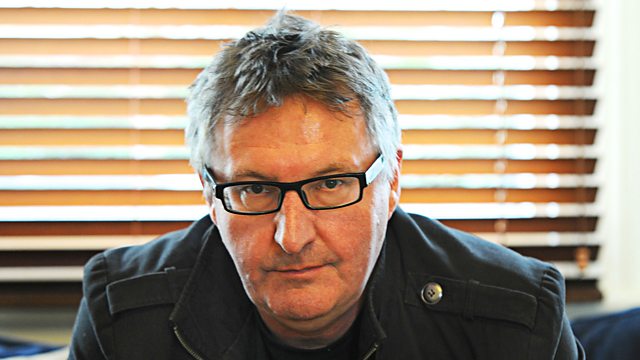The Man Who Left His Body
Neuropsychologist Paul Broks continues his detective hunt for the self. In this episode, he considers out-of-body experiences - are they evidence for a self separate from the body?
Neuropsychologist Paul Broks continues his detective hunt for the self. Today he considers out of body experiences, near death experiences, and "terminal ludicity" - are they evidence for a self separate from the body?
Most of us have an intuitive sense that we are more than our body. Whether or not we believe in a soul, it's hard to believe that our first person experiences are no more than the electrical firing of neurons in our brains. Neuroscience seems to tell us that there really is nothing more than brain activity, and that dualism - the idea that there are "self stuff" is different from "brain stuff" is an outdated myth.
And yet some reported experiences seem to put dualism back on the map. There are stories of people who become separate from their bodies. People who have out of body experiences during operations, or in near death experiences. There are even stories of "terminal lucidity", in which someone at the point of death behaves in ways that they were previously incapable of: people who were paralysed sit up in bed; those who were never able to talk become fluent. For some, this is evidence that the sense of self is not generated inside the brain, but transmitted to the brain from elsewhere. Paul Broks speaks to two neuroscientists on opposite sides of the debate: Peter Fenwick who is persuaded by these phenomena, and sceptic Chris French.
Presenter: Paul Broks
Producer: Jolyon Jenkins.
Last on
More episodes
Broadcasts
- Thu 23 Jun 2016 12:04±«Óãtv Radio 4
- Thu 17 May 2018 12:04±«Óãtv Radio 4

